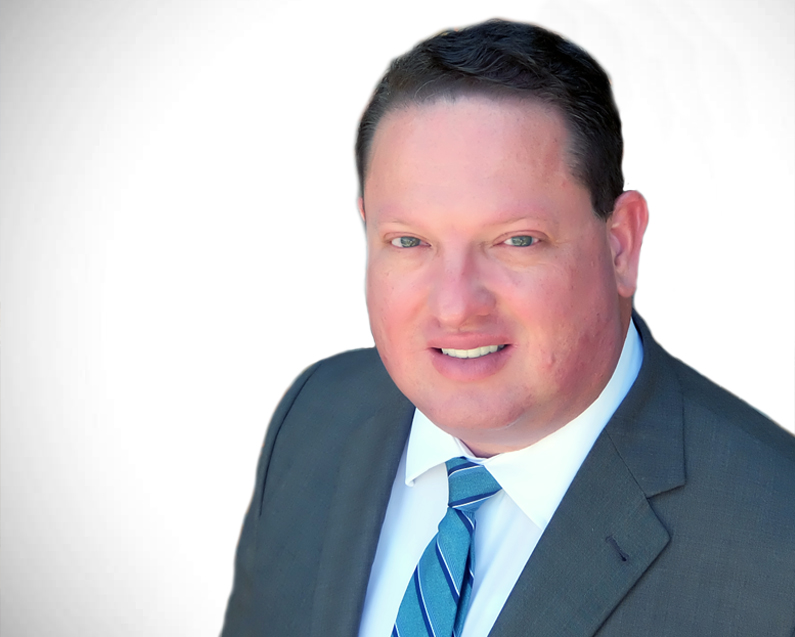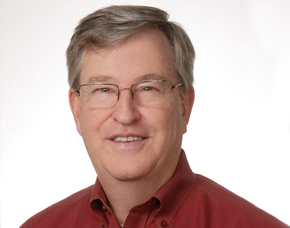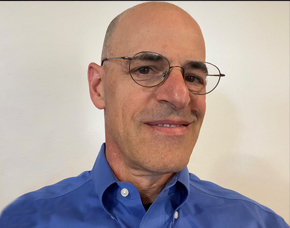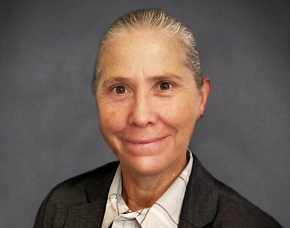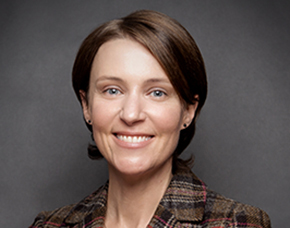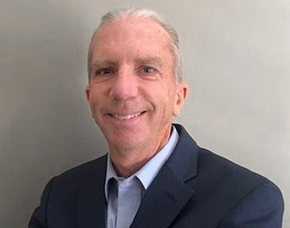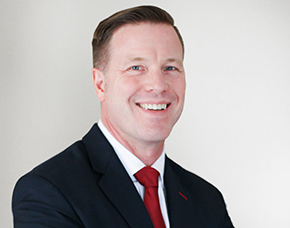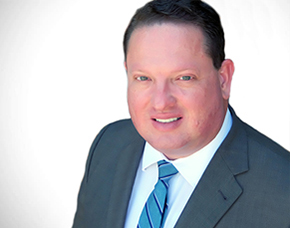Teton Cancer Institute announced that it will help spearhead a new clinical trial that will create a nationwide database to personalize treatment for cancer patients.
The clinical trial will involve five research groups across the country sharing data about the genetic markers they see in patients. It will be the first cooperative database built by and for oncologists and researchers to provide ongoing details about how those molecular changes affect the treatment of different types of cancer.
Dr. Dane Dickson, an oncologist based at Teton Cancer Institute in Rexburg and founder of the medical data company Taproot Health, helped lead the push to create the clinical trial. He said that he spent the last seven years reaching out to universities and treatment locations to find partners willing to share information about their patients and discoveries.
“Over the years, I have seen that everyone had amazing advances that were coming out but without a central method of putting that information together, everyone was going to struggle independently,” Dickson said.
The announcement of the program was made in the scientific journal Cell earlier this month. Four sites have signed on to help launch and manage the clinical trial: Utah Cancer Specialists in Salt Lake City, Moores Cancer Center at the University of California San Diego, the Knight Cancer Institute at Oregon Health & Science University in Portland and the Sidney Kimmel Cancer Center in Philadelphia.
Dickson hoped that more locations would agree to join in, as the clinical trial was structured to be an ongoing program.
“If we are going to try and work towards something as big as cancer, we are going to have to work together. Does it matter if it comes out of Idaho or it comes out of New York?” Dickson said.
While the trial has been officially announced, it could still be months before contracts are finalized and new patients are enrolled into the program. Dickson speculated that the first patients will likely come from the smaller non-university partners in Idaho and Utah and could begin showing up within a few months.

